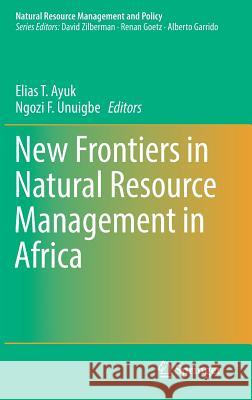New Frontiers in Natural Resources Management in Africa » książka
topmenu
New Frontiers in Natural Resources Management in Africa
ISBN-13: 9783030118563 / Angielski / Twarda / 2019 / 142 str.
Kategorie:
Kategorie BISAC:
Wydawca:
Springer
Seria wydawnicza:
Język:
Angielski
ISBN-13:
9783030118563
Rok wydania:
2019
Wydanie:
2019
Ilość stron:
142
Waga:
0.41 kg
Wymiary:
23.39 x 15.6 x 1.12
Oprawa:
Twarda
Wolumenów:
01
Dodatkowe informacje:
Wydanie ilustrowane











